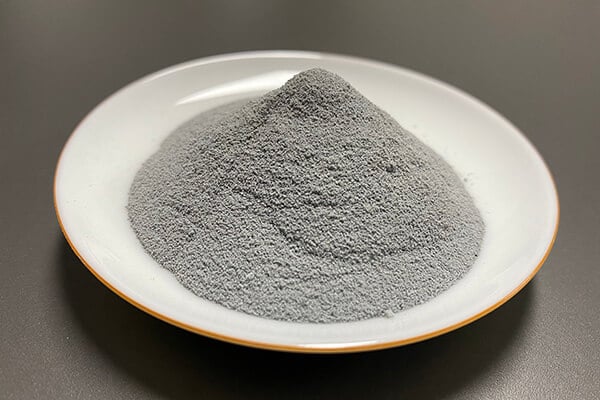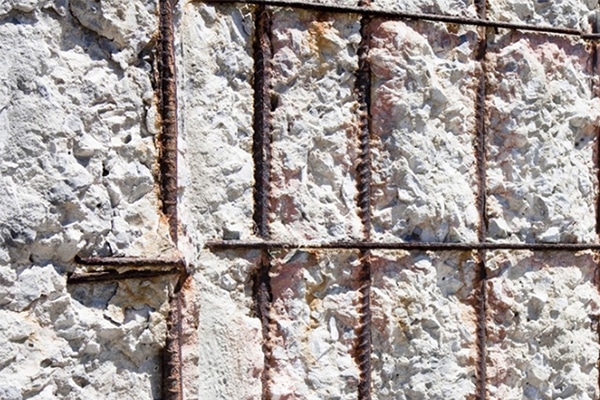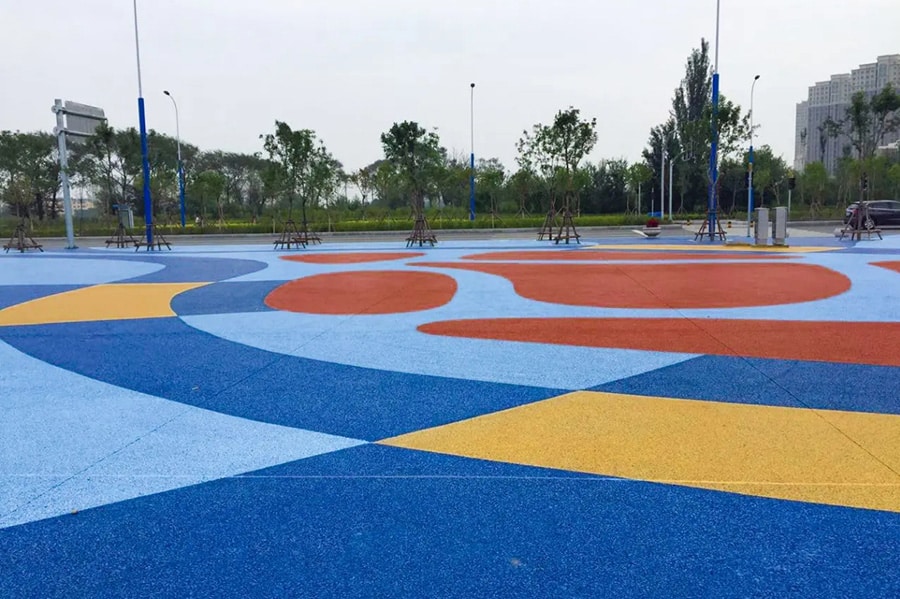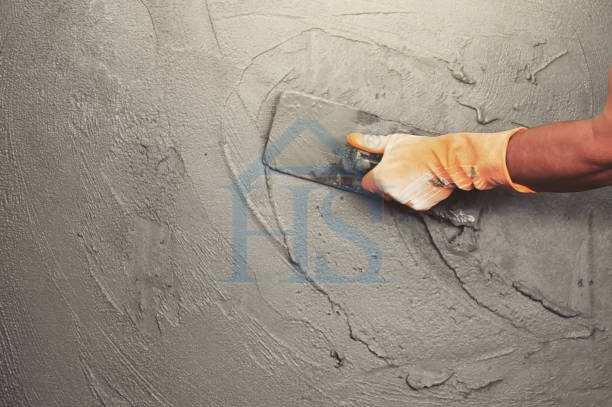Water reducers
These admixtures reduce the amount of water needed in a concrete mix while maintaining workability. This can lead to several benefits, including increased strength, improved durability, and reduced shrinkage. There are two main types of water reducers: high-range water reducers (HRWRs) and mid-range water reducers (MRWRs).
Set retarders
These admixtures slow down the setting time of concrete. This can be helpful in hot weather or when long working times are required.
Accelerating Admixtures
These admixtures speed up the setting time of concrete. This can be helpful in cold weather or when early strength is required.
These accelerators also enhance the early strength of concrete by increasing the rate of hydration. Earlier concrete hardening proves beneficial in several situations, such as early formwork removal, reduced curing period, emergency repairs, and constructions in low-temperature regions. Some common accelerating admixtures include triethanolamine, calcium formate, silica fume, calcium chloride, and finely divided silica fume. Among these, calcium chloride is the cheaper and more commonly used accelerating admixture.

Air entrainers
These admixtures introduce tiny air bubbles into the concrete. These air bubbles help to improve the concrete’s resistance to freezing and thawing.
Superplasticizers
These are high-range water reducers that can significantly reduce the amount of water needed in a concrete mix. This can lead to very high-strength concrete with improved workability.
Workability admixtures
These admixtures improve the workability of concrete, making it easier to place and finish. There are several types of workability admixtures, including air-entraining admixtures, water reducers, and retarders.
Corrosion inhibitors
These admixtures help to protect steel reinforcement in concrete from corrosion.

Shrinkage reducers
These admixtures reduce the amount of shrinkage that occurs in concrete as it cures. This can help to reduce cracking.
Fibers
Fibers are small, discrete strands of reinforcing material that are added to concrete to improve its strength, toughness, and crack resistance. There are two main types of fibers: steel fibers and synthetic fibers.
Coloring admixtures
These admixtures add color to concrete. They can be used for aesthetic purposes or to improve visibility.

Coloring Admixtures and their Resultant Colors
| Admixture | Color obtained |
| Iron or Red oxide | Red |
| Hydroxides of iron | Yellow |
| Barium manganite and Ultramarine | Blue |
| Chromium oxide and chromium hydroxide | Green |
| Ferrous oxide | Purple |
| Carbon black | Black |
| Manganese black , Raw umber | Brown |
These are just a few of the many different types of concrete admixtures that are available. The specific type of admixture that is used will depend on the desired properties of the concrete.





